Carlos Tavares steps down as CEO of stellantis, citing strategic differences. The OEM faces shrinking valuations, North American sales troubles, and a need for a stability
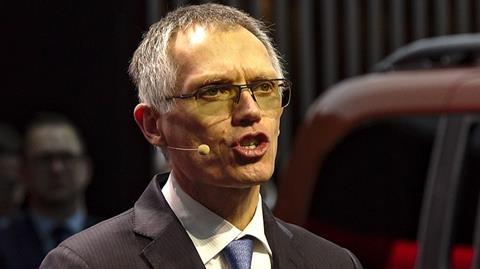
Major automotive producer, Stellantis, is faces leadership turmoil amid growing market struggles. The abrupt resignation of Carlos Tavares as chief executive of Stellantis, announced on Sunday, underscores the turbulent period facing the world’s fourth-largest carmaker. Stellantis, the company behind Jeep, Fiat, Vauxhall and Peugeot, stated that it aims to appoint a new CEO in the first half of 2025.
In a statement, Stellantis confirmed that its board, chaired by John Elkann, accepted Tavares’ resignation “with immediate effect.” Elkann, who also leads Exor, the investment company of the Fiat-founding Agnelli family, will chair an interim executive committee as the search for a permanent replacement proceeds.
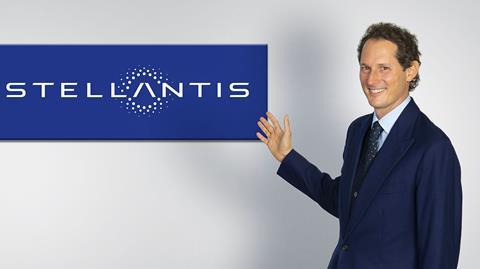
Tavares’ resignation follows mounting challenges that have shaken the carmaker’s reputation and financial performance. Earlier this year, Stellantis issued a profit warning for 2024, predicting a cash burn of up to €10 billion ($10.53 billion). The OEM attributed this bleak forecast to sluggish sales and bloated inventories, particularly in the crucial North American market.
“Stellantis’s success since its creation has been rooted in a perfect alignment between the reference shareholders, the board and the CEO. However, in recent weeks different views have emerged which have resulted in the board and the CEO coming to today’s decision,” remarked Henri de Castries, Stellantis’s senior independent director. His statement hinted at underlying strategic disagreements within the leadership.
A legacy overshadowed by growing challenges
Tavares, once hailed as one of the automotive industry’s most astute leaders, had initially planned to retire at the end of his mandate in early 2026. His tenure at Stellantis began with the high-stakes merger of Fiat Chrysler and Peugeot owner PSA in early 2021. The consolidation created Stellantis, a sprawling global entity with ambitions to rival Toyota and Volkswagen.
Under Tavares’ leadership, the company navigated a post-pandemic landscape while attempting to streamline its operations. Yet the current year has brought harsh realities. Stellantis shares have plummeted by 40 per cent in 2024 alone, eroding investor confidence. Adding to the disquiet, the company announced last week that it plans to shutter its Vauxhall van plant in Luton, a move that threatens 1,100 jobs. The decision has fuelled discontent among workers and amplified concerns about Stellantis’ long-term commitment to the UK market.
Stellantis is an OEM searching for stability
The task of appointing a successor is now being handled by a special committee of the Stellantis board. The company has assured stakeholders that the process is well under way, aiming to identify a leader who can stabilise the organisation and address its strategic gaps.
The challenges for the next CEO are immense. The North American market, once a reliable profit centre for Stellantis, is now facing major challenges. Growing inventories and underwhelming sales of key models have weighed heavily on its performance. With a cash flow forecast so dire, critics argue that Stellantis must rethink its operational strategy to regain footing. At the heart of Stellantis’ ownership is the Agnelli family, whose influence over the company remains profound. Elkann, as both chairman of the board and CEO of Exor, plays a pivotal role in shaping the carmaker’s direction. His interim stewardship will likely set the tone for any immediate adjustments to Stellantis’ strategy.
Tavares’ sudden exit, however, points to deeper issues within Stellantis. The perfect alignment once celebrated by the company’s leaders appears to have unravelled under the strain of divergent visions and escalating pressures.
For Stellantis, the road ahead requires more than just a new CEO. It demands a unified strategy capable of weathering the volatility of global markets and restoring confidence among investors, workers and consumers alike.





























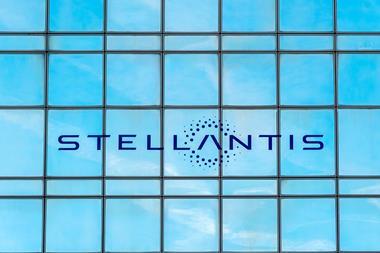

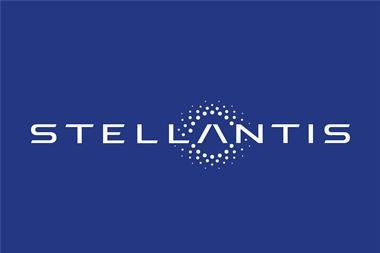


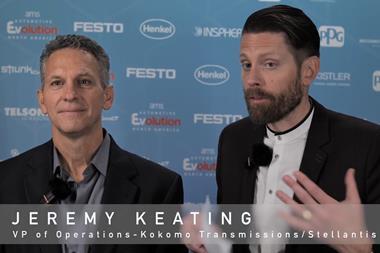



No comments yet